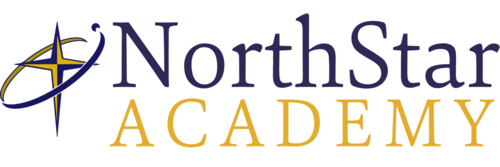Summary of Course Content and Activities
The focus of Social Studies 10-1 is the concept of Globalization. We study the development of globalization and its historical impact on indigenous people groups, as well as current issues of sustainability. We also look at how globalization affects identity and citizenship and use this information to give students the power to choose what they will allow to form their identities as well as reflect on what they want their role as a citizen to look like.
Students complete a variety of activities and assignments including multiple choice tests, written responses, unit projects, participating in forums and exploring current events.
Philosophy statement for teaching this course
The purpose of Social Studies 10-1 is to explore issues by considering a variety of perspectives. By investigating these issues, and reflecting on how their faith might impact their responses to these issues, students will be able to better evaluate events and issues locally and around the world, build empathy for our fellow image-bearers, and be a positive influence in the world.
Prerequisites
Social Studies 9, with a final grade of 60% or higher (or a homeschool program that has covered Canadian History, Government, Law, Current Events, etc.)
Materials and Resources
- Textbook: Perspectives on Globalization
Forecasted amount of time required to complete each week's lesson
6-7 hours
Description of student evaluations, quizzes and tests.
There are 18 lessons, corresponding to 18 weeks in a semester. Assessment in Social Studies 10-1 includes both formative and summative assessment. Formative assessments include learning activities such as a learning log, forum discussions, chapter worksheets, exit slips and other learning activities. Summative assessments are worth most of the course mark and include unit projects, multiple choice unit tests, written responses and some forums or weekly assignments/projects.
